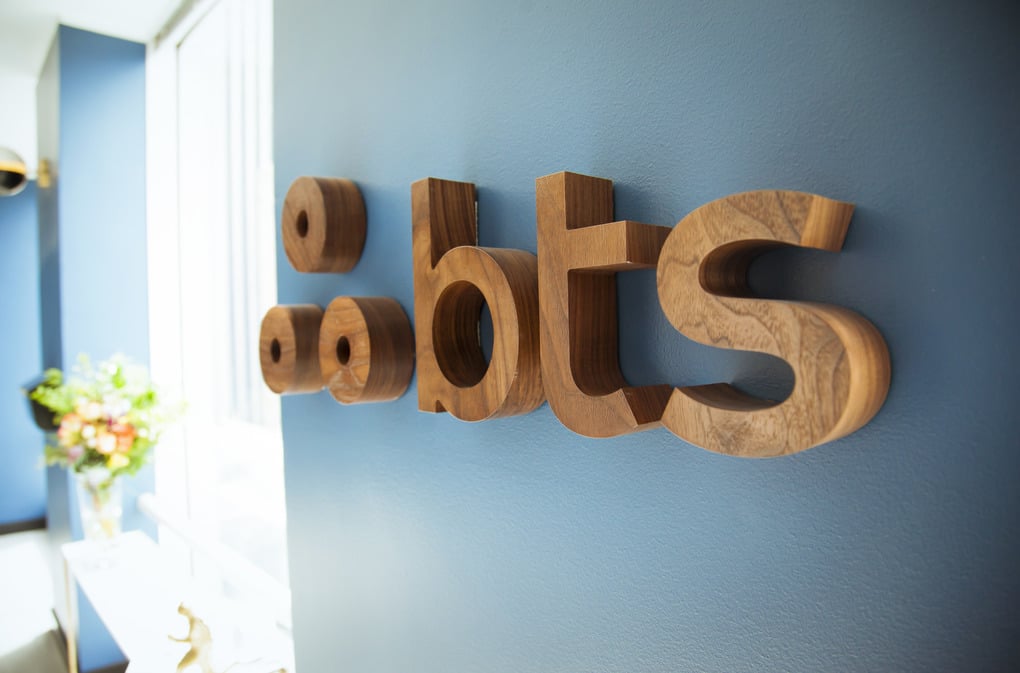“It’s not you, it’s me,” is a classic, cliché breakup line, and a bad one, at that. “Me, me, me” is what most business people talk about during any courtship. My company, my product, my service is the leading, the best, the only, the blah, blah, blah.
Isn’t it interesting – that the secret to success in business is not the word “me,” but the word “you”.
If you count the words in the average conversation or sales letter, I’ll bet you’d hear the words “I” and “my” many times more often than the words “you” and “your.” Yet what people want to talk about is them!
You can set yourself apart and uncover far more opportunity if you begin every conversation from the “you” point of view. “How do you see it?” “What’s your take on this?” “How would you like to see this resolved?” Try asking a question without using the word you! It isn’t easy.
Putting yourself into “question mode” forces you to use the word “you,” which leads to opportunity. A lot of people believe they are asking good questions – but when we videotape mock sales or business conversations, our clients can see their questions are not productive. The mistake they make is not going deep enough to uncover real issues, challenges, and needs.
A few months back, our office was in need of a new copier. We looked at a few different models, at a few different stores, and heard from many different sales representatives about the new, out-of-this-world features and qualities of each one. Which one did we end up buying? The model from the sales representative who finally asked us, “What do you really need? How much will you actually use the copier?” Hey, he didn’t make a huge sale and sell us on the most expensive model, but what’s important is – he made a sale!
Whether you’re a sales representative for a copier store or you’re a partner at a firm trying to land a big client, you need to ask great questions. You not only find out what people want, or get a whole picture of their point of view; you send the strong impression that you actually care about them. You can’t influence any outcome, until the other person believes you are listening and care about them.
Questions also take you to a deeper level in conversation.
If you allow a conversation to breathe, you find out about the deeper, more important needs or desires. Often, the “presenting” need is not the big one – you have to ask more questions to uncover the real trouble.
Once you’ve taken this step it’s far easier to precisely tailor your presentation for your audience. You won’t waste their time because you’ve taken the time to truly understand them.
Questions also imply that you have the answers and expertise.
If you know what to ask, you must know the answers.
Questions help you avoid the hard sell.
If you ask questions well, the other person articulates the needs and solutions. You don’t do the work; they do. When the other guy is doing the talking, he is more likely to buy. She reaches her own conclusions. She doesn’t feel pushed.
Perhaps the most important quality to questions is they help you develop stronger relationships. When you ask questions, people believe you are genuinely curious. They are more interested in you, because you are interested in them. So, find that part of you that is naturally curious! Good questions encourage people to open up. This is one of your most powerful assets in selling ideas, products or services. Open questions work best in this phase of conversation.
These are the “Five W’s plus H.”
• Who?
• What?
• When?
• Where?
• Why?
• How?
The next time you’re about to prepare for an important meeting, write down a list of questions to ask. Anticipate what the other person’s needs or concerns will be, and tailor your questions to that. Many people prepare for an important meeting by buffing up on their specialties, by practicing their routine speech about what they’re good at. You’ll stand out from the rest if you go into the meeting or presentation with a list of questions that delve into what the other needs or thinks.
Here are a few examples of great questions:
1. What could we do to make this a good meeting, well worth your time?
2. What are your goals?
3. What is the biggest challenge you’re facing right now?
4. What is it costing you in time/money/resources?
5. What would be an ideal outcome?
6. Is there anything else we need to talk about today?

